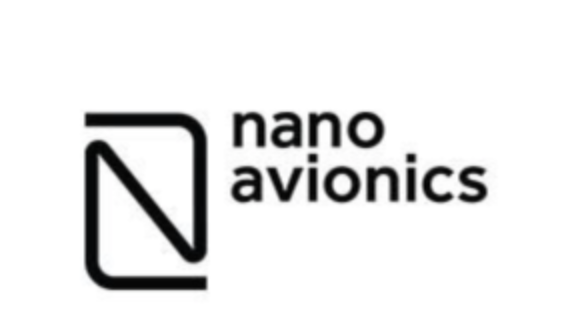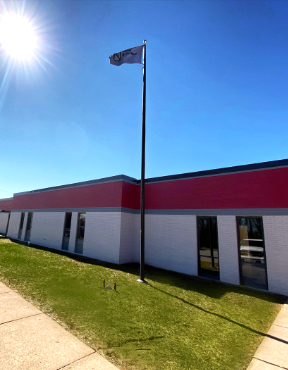
NanoAvionics has received a full mission contract for two, 6U smallsats and the opening of a new sales and engineering support office in Columbia (IL), USA.
The mission contract includes payload integration, launch and operation services for the two nanosatellites, both of which are based on NanoAvionics’ pre-configured M6P bus. The launch of both satellites is planned for the end of this year.

The NanoAvionics Columbia,
Illinois, office.
While NanoAvionics’ US Columbia Facility is the company’s second office in the United States, it is set to be the primary NanoAvionics hub in the Unites States. It is also the first satellite factory in Illinois and the Midwest. The Columbia Facility allows NanoAvionics’ to take advantage of a great talent pool from multiple local universities and their graduates and staff equipped with nanosatellite experience. The low cost of operations and living will also allow NanoAvionics to maintain its competitive status in a tough market.
Following the opening of NanoAvionics’ US facility at the Midland Air and Space Port last year, the company will keep it as a scalable resource for high quantity smallsat bus production, for both single missions and constellations.
The advantages and benefits of NanoAvionics’ industrial approach include reducing cost by standardizing the bus design while increasing the range and capabilities of the payload. NanoAvionics estimates that more than 80% of the smallsat bus can remain the same, even when the mission and payload varies. That in return means replicability, increased reliability, lower costs and much shorter production times which lead to greater speed to market and faster revenues.

Artistic rendition of NanoAvionics smallsats on-orbit. Image is courtesy of the company.
Having been the first company to develop a pre-configured nanosatellite bus, NanoAvionics has already scaled their flagship M6P bus to achieve 12U and 16U form factors, giving customers such as video streaming media company Sen more possibilities for their missions and payloads.
F. Brent Abbott, CEO of NanoAvionics North America, said the constantly increasing demand for the company’s standardized satellite buses, and this latest mission contract from a US commercial data services company, represents a significant milestone of NanoAvionics penetration in the US market for New Space as well as in the US Civil space sector. Completing the Columbia office will support NanoAvionnics’ efforts to provide US customers with the most cost-efficient satellite buses and hosted payload flights in LEO. These reductions in cost and the much shorter production times while increasing the options for mission payload and keeping the same high standards, will enable businesses to generate real downstream revenues.
Abbot continued by noting building hundreds of satellites for the planned constellations in a short time frame of 12-15 months requires a universal bus design and an industrial approach for the mass production of smallsat buses. This is the next step in the company’s mission to become the go-to company for manufacturing and launching smallsat constellations for businesses worldwide. Smallsat buses are becoming a commodity and the firm has been applying the same standardization and principles that have been used in the automotive industry for more than a century to create a universal smallsat vehicle, capable of hosting a broad range of payloads and to be used for diverse applications.
